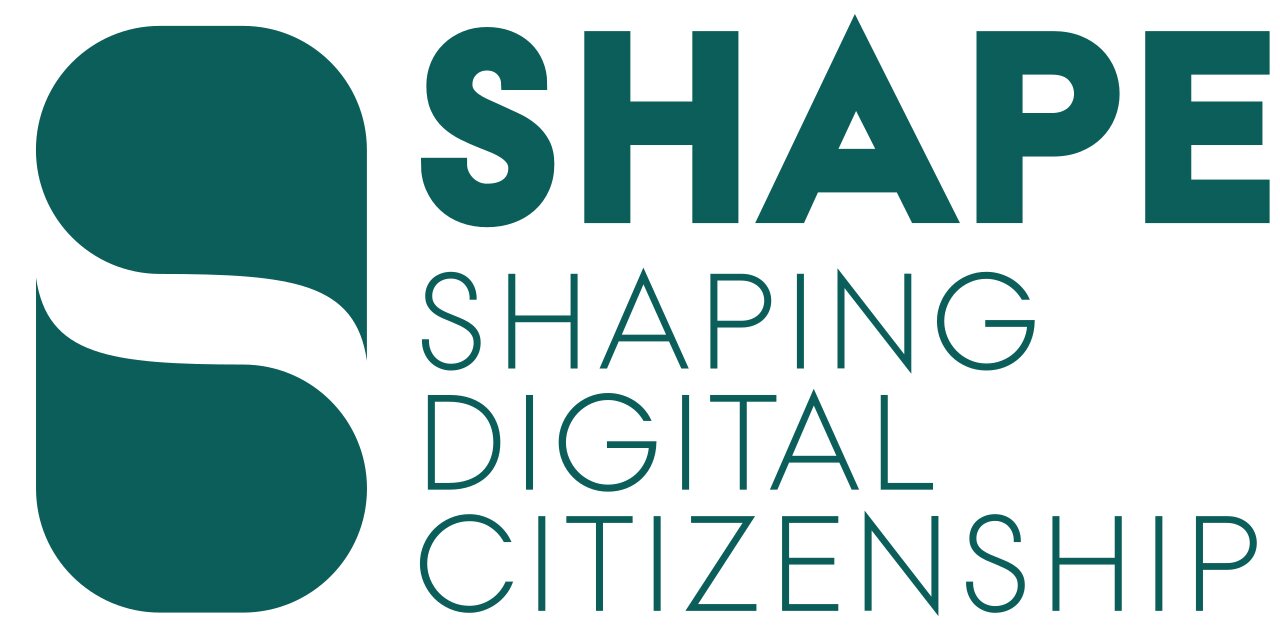Seed funding for the CAVA project (with Torben Esbo Agergaard and Kristian Hvidtfelt Nielsen)
The CAVA Project: Comparing Adverse Vaccine Event Reporting – an interdisciplinary study of early 21st Century digital health citizenship in Denmark, led by Marie Louise Tørring, Anthropology, AU Arts

Abstract
The CAVA-project asks the overall question: What is stimulated reporting of vaccine adverse events and how does it relate to the production of digital health citizenship?
The Danish Medicines Agency’s pharmacovigilance database provides data about suspected adverse reactions reported in Denmark for specific types of medicine.1 The information is used to support post-marketing safety surveillance programs. Currently, thousands of case reports are submitted to the database each year, making it a vast repository of drug safety information. Sometimes cited as a limitation of pharmacovigilance, however, is the assumption that “stimulated reporting” of adverse events occurs in response to warnings, alerts, and label changes that are issued by the health authorities.2 In vaccine research literature, the idea of ‘stimulated reporting’ builds upon the assumption that reporting of adverse events may burst into self-oscillation when vaccinated subjects are prompted or triggered by feral vaccine risk communication in the media. This entails the hypothesis that adverse vaccine event reports reflect sensory, conscious and communicative phenomena3 tied to the rise of digital health communication and monitoring technologies that responsibilizes citizens for the care of themselves and others.4 By comparing communication environments surrounding the implementation of different vaccination programs in Denmark, the project aims to identify and explore self-oscillating effects of pharmacovigilance to understand how these imply a new kind of digital health citizenship emerging out of early 21st Century vaccine politics.
Seed funding for the project provided by SHAPE - Shaping Digital Citizenship
